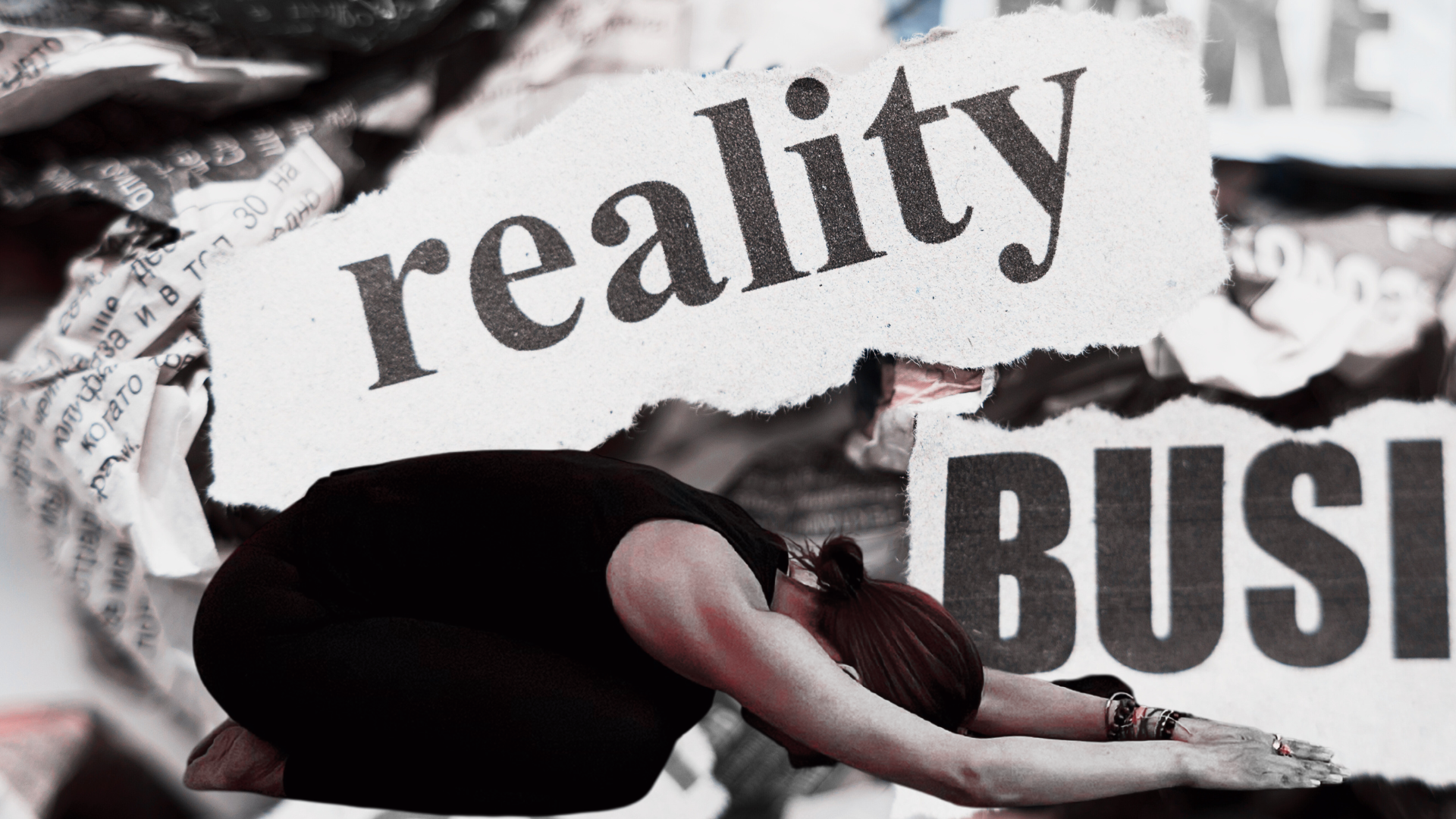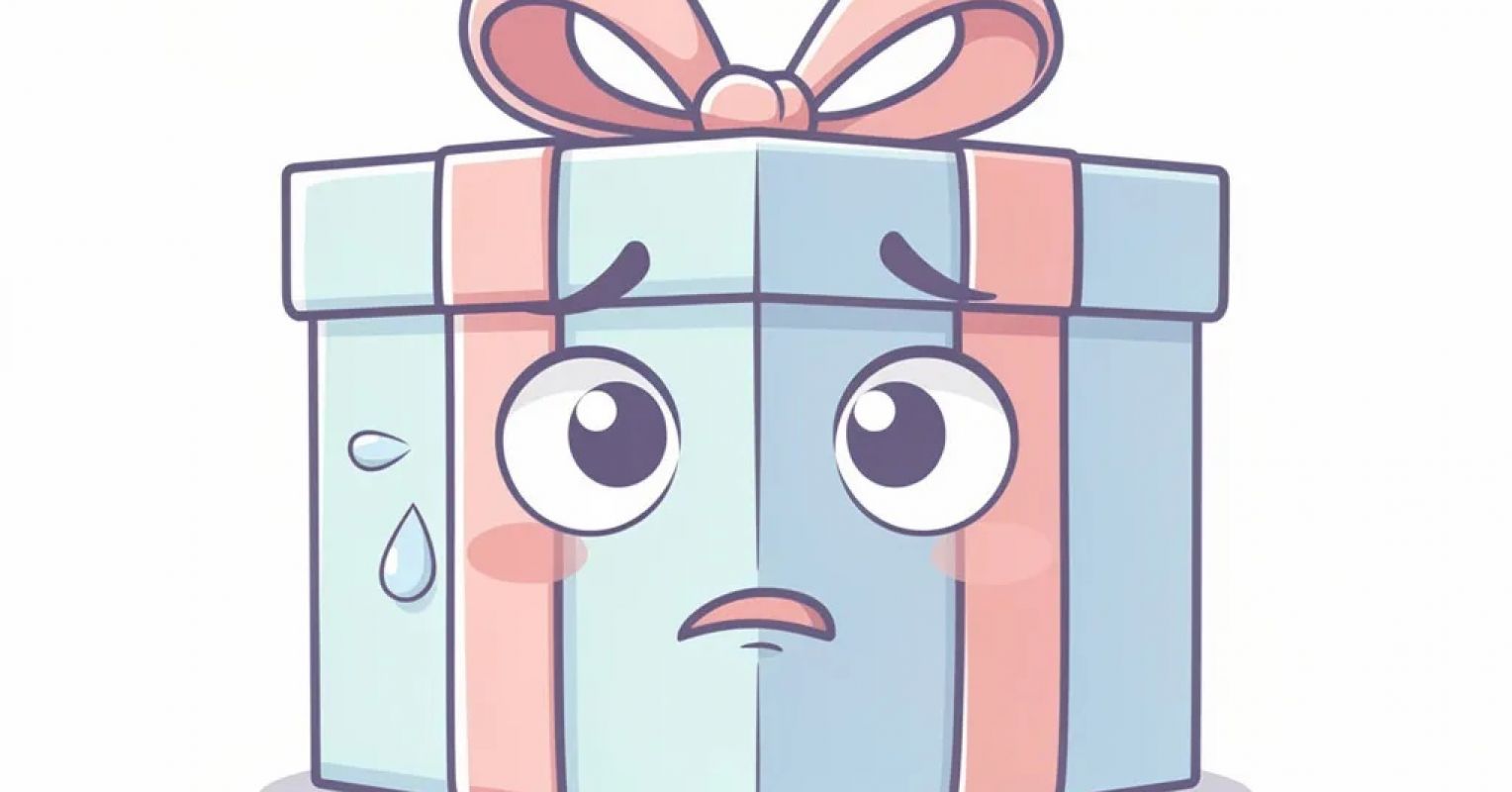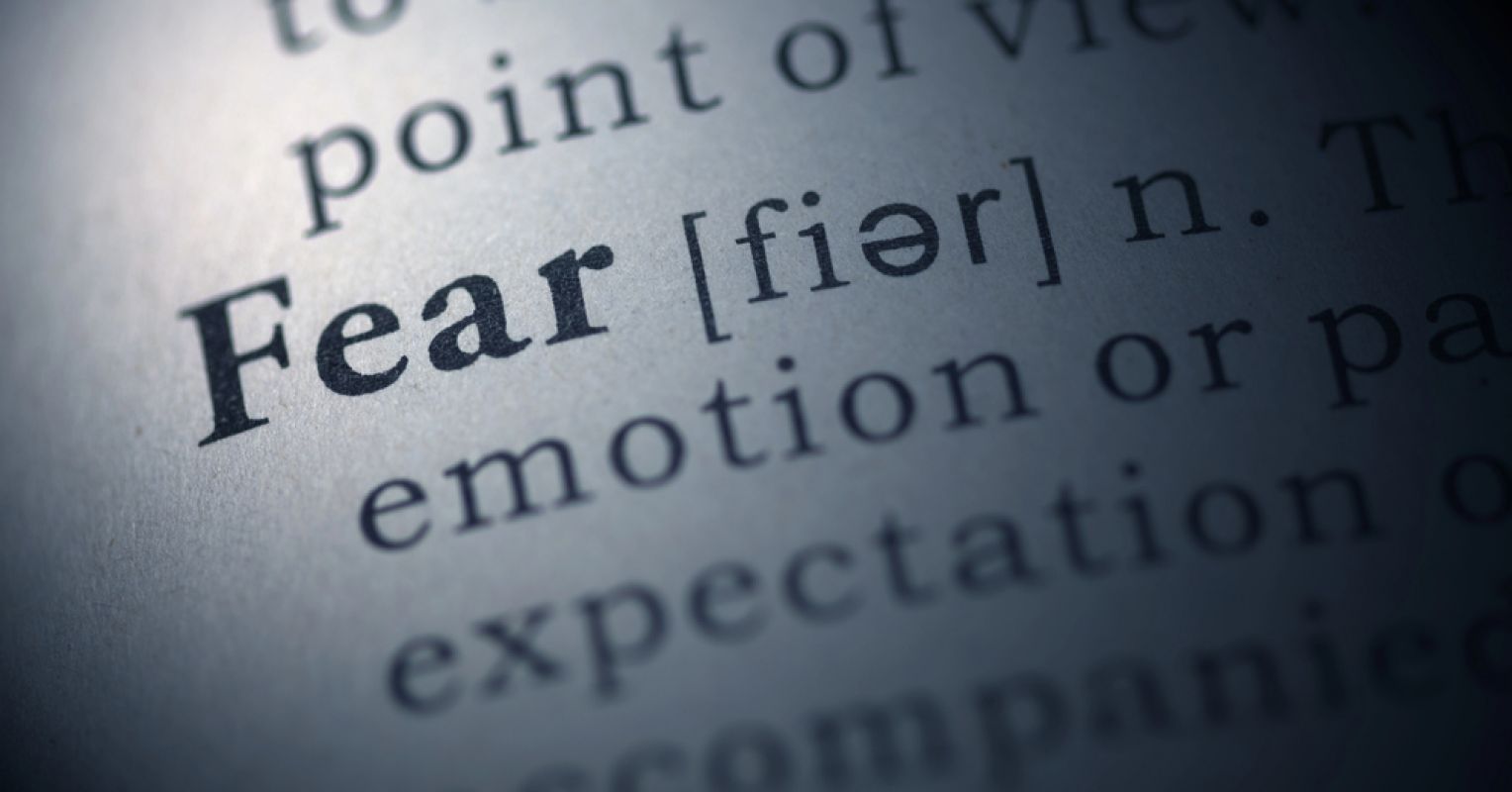#Anxiety
#Anxiety
[ follow ]
#mental-health #depression #resilience #coping-strategies #parenting #mindfulness #emotional-regulation
Higher education
fromVanity Fair
1 week agoLloyd Blankfein "Survived" Harvard as a Working-Class Kid From Brooklyn. Then, He Became CEO of Goldman Sachs.
A first-generation student from East New York wins admission attention but experiences acute anxiety and cultural dislocation during a Harvard interview at the imposing Harvard Club.
fromSilicon Canals
1 week agoPsychology says every family has a "difficult one" everyone accommodates-here are 6 signs you might be it - Silicon Canals
Have you ever noticed how certain family gatherings seem to revolve around managing one person's moods or reactions? Maybe it's the sibling whose temper dictates whether dinner stays peaceful, or the relative everyone tiptoes around to avoid triggering an outburst. We've all witnessed these dynamics, but here's the uncomfortable question: what if that person is you? Growing up after my parents' divorce, I became fascinated with family dynamics and the roles we unconsciously adopt.
Psychology
Mental health
fromBusiness Insider
1 week agoSarah McLachlan, 58, says she had to 'eat a lot of humble pie' to repair her relationship with her older daughter
Therapy helped Sarah McLachlan recognize that harsh communication worsened her daughter's anxiety and prompted her to change parenting to rebuild their relationship.
Mental health
fromwww.theguardian.com
1 week agoThe one change that worked: When good things happen, I write them down and it's made me more optimistic
Persistent catastrophizing and chronic worry can be softened by noticing and recording small positive coincidences, which can shift outlook and reduce anxiety.
fromPsychology Today
1 week agoDaily Prophets: How Your Brain Predicts the Future
I am a worrier, and have been for most of my life. At some point, someone dear and smart teased me that I worry about the wrong things. The things that hit me, she noted, were never the things I worried about. For a while that left me feeling like an incompetent worrier-until my research caught up. I realized that the things I worry about often don't end up hurting me precisely because worrying helps me diffuse them ahead of time.
Psychology
Mental health
fromwww.theguardian.com
2 weeks agoExercise can be frontline treatment' for mild depression, researchers say
Aerobic group exercise significantly reduces mild depression and anxiety, with socialised, supervised programs yielding the greatest antidepressant benefits, especially for young adults and new mothers.
fromBusiness Insider
3 weeks agoI switched my smartwatch for an analog one. I feel much calmer.
In the middle of December 2025, I decided to switch my digital smartwatch for a classic analog watch, as part of my effort to make my life just a bit less digital in 2026. The added bonus is that I really liked the look of a classic watch. I went to my local jewellery store and picked out a mid-range watch. I didn't want to get an expensive one just in case my resolution didn't work out.
Digital life
Psychology
fromSilicon Canals
3 weeks agoIf you still check all your doors twice before going to bed even though you know you already locked them, psychology says you have these 7 vigilance traits that careless people find exhausting - Silicon Canals
Hypervigilance causes repeated checking, mental rehearsal, and heightened attention to details, draining mental energy and causing exhaustion.
Health
fromSilicon Canals
3 weeks ago6 signs you're actually healthier than you think despite not feeling your best - Silicon Canals
Feeling exhausted or anxious does not necessarily indicate poor physical health; resilience, quick recovery, and consistent function often reflect underlying bodily robustness.
fromPoynter
3 weeks agoWhen there's trauma at work - in the building or at the scene - how can journalists manage stress and fear? - Poynter
Two journalists were arrested in connection with their coverage of a protest. Two residents were shot and killed while documenting the actions of ICE agents in Minneapolis. And the list goes on. I spoke to Siobhan Flowers , a licensed therapist and a former television reporter, to help journalists make sense of their emotions and feelings around what's happening in the industry. To start, Flowers said, don't gaslight yourself if you are feeling more depressed about work or the stories you're covering.
Media industry
Mental health
fromSilicon Canals
3 weeks agoIf you can't sleep in complete silence and need the TV playing, psychology says you probably have these 8 distinct traits - Silicon Canals
People who need background noise to sleep often exhibit higher anxiety and an overactive mind, using familiar audio to distract and prevent rumination.
Mental health
fromSilicon Canals
3 weeks agoIf you cancel plans to stay home alone more than you admit, psychology says this might be why - Silicon Canals
Repeatedly canceling plans often reflects social burnout or anxiety-driven avoidance, serving as self-protection rather than mere tiredness or introversion.
fromSilicon Canals
3 weeks agoPeople who always say "I'm just tired" when something is clearly wrong have been using this cover for these 9 things most of their life - Silicon Canals
We've all been there: Someone asks if you're okay, and even though your world feels like it's crumbling, you manage a weak smile and say, "I'm just tired." It rolls off the tongue so easily, doesn't it? Like a reflex we've perfected over years of practice. I used to be the queen of this response. During my worst anxiety spirals in my twenties, when deadlines loomed and my chest felt tight,
Mental health
fromScary Mommy
4 weeks ago"I Talked My Husband Into A Vasectomy & Now I Regret It" & 34 Other Mom Confessions
I can't even count the number of thoughts I have every single day, just bouncing around in my head like a ping pong ball. I think every mom feels the same way, which is why when you ask a mom what's on her mind, her response could range from something like "Oh, just thinking about my kid's new soccer team" to "The fall of democracy and the state of the world."
Parenting
fromSilicon Canals
4 weeks agoThe fastest way to feel calmer every day is to fix this one morning pattern - Silicon Canals
You know that feeling when your alarm goes off and your brain immediately starts racing? Before your feet even hit the floor, you're already scrolling through your mental to-do list, checking your phone, and feeling that familiar knot of anxiety tightening in your chest. I spent most of my twenties waking up this way. My mind would launch into overdrive the second consciousness hit, cycling through worries about work, regrets about yesterday, and a general sense of being behind before the day even started.
Mindfulness
fromScary Mommy
1 month agoHow To Create A Home Gym That's Actually For You (Not "New Year, New You")
There are so many proven scientific benefits to moving our bodies, but the one I need more than ever right now is burning off the low-grade anxiety that we, as mothers, are carrying around. The pent-up emotional energy that comes from existing in an increasingly hostile country, and doing our best to keep that from spilling into our mothering. We can't very well spend all day, every day screaming into the void like we want to.
Wellness
Psychology
fromSilicon Canals
1 month agoPsychology says people who double-check that the door is locked display these 8 anxiety-driven traits that make them more reliable - Silicon Canals
Double-checking behaviors reflect heightened error-detection and responsibility bias, making individuals more detail-oriented, reliable, and trusted for preventing mistakes and ensuring task completion.
fromSilicon Canals
1 month agoPsychology says strict parenting creates these 8 emotional habits that show up decades later - Silicon Canals
Every minute was scheduled, every grade scrutinized, every social interaction monitored. Her parents meant well, they really did. They wanted the best for her, believed structure and discipline would set her up for success. Fast forward twenty years, and she's successful by every traditional measure: great job, nice house, impressive resume. But she also can't make a decision without second-guessing herself fifteen times, apologizes for everything including her own existence,
Parenting
fromSilicon Canals
1 month agoI stopped using my phone for everything and my anxiety dropped-here are 8 old-school habits that made me calmer - Silicon Canals
Six months ago, I found myself sitting in a coffee shop, supposedly working on an article, but instead I was switching between seven different apps, responding to notifications, and feeling my chest tighten with each ping. My heart was racing, my breathing was shallow, and I realized I couldn't remember the last time I'd gone more than five minutes without checking my phone. That's when it hit me: the device that was supposed to make my life easier had become my biggest source of stress.
Mental health
fromPsychology Today
1 month ago"Slop" Was the 2025 Word of the Year. What Comes Next?
Merriam-Webster named "slop" its 2025 word of the year, defining it as "digital content of low quality that is produced usually in quantity by means of artificial intelligence." In its announcement, Merriam-Webster noted that, like " slime, sludge, and muck, slop has the wet sound of something you don't want to touch." Similarly, The New York Times observed that slop, in graphic terms, "conjures images of heaps of unappetizing food being shoveled into troughs."
Artificial intelligence
Mental health
fromwww.theguardian.com
1 month agoCaroline felt she was doomed to dating failure. Learning to sit with sadness was part of overcoming her loneliness | Ahona Guha
Intense preoccupation with dating and body image can cause social withdrawal, anxiety, and increased risk of depressive or body dysmorphic disorders.
fromPsychology Today
1 month agoIs Your Food Allergy Anxiety Unhelpful?
Anxiety ... we can't live with it, but we also can't live without it since there's no delete button for emotions. For families managing food allergies, anxiety can feel especially intense because it's tied to real risks. Yet, research shows that while food allergy anxiety is common, it's how we respond to it-not its presence-that most affects family functioning and quality of life.
Mental health
fromPsychology Today
2 months agoThe Hidden Emotional Burden of the Holidays
For starters, ask them. If that still doesn't help, give them a gift that lets them know more about who you are. Both strategies, Aknin has found, will likely increase your connection with the other person. Most importantly, when you give from the heart, you will likely reduce the loneliness of others, which, again, will have the boomerang effect of reducing yours.
Relationships
Medicine
fromHarvard Gazette
2 months agoDepression and anxiety linked to increased risk of heart attack or stroke - Harvard Gazette
Stress-related brain activity, nervous system dysregulation, and chronic inflammation link depression and anxiety to higher cardiovascular disease risk, with combined conditions increasing risk further.
fromIndependent
2 months agoAsk a money coach: 'My girlfriend is expecting a designer bag for Christmas but I can't afford it'
I made the mistake of jokingly telling her to 'leave it with me' and since then she has brought it up repeatedly I normally pride myself on gift-giving in my relationship. In all of the Christmases and birthdays my girlfriend and I have spent together, she has always said that the presents I give her are ones she loves the most.
Relationships
fromAlternative Medicine Magazine
2 months agoVitamin B6 for Anxiety & Depression: What the Science Says
Early research suggests that vitamin B6 may help reduce anxiety, although the benefits appear to be modest. In a recent trial from the University of Reading in England, young adults taking high-dose B6 for one month reported feeling less anxious than those given a placebo or vitamin B12. Researchers used visual tests that show how strongly the visual part of the brain reacts to patterns. People taking high-dose B6 had responses that were less "amped up" and more controlled, which suggests stronger calming activity.
Alternative medicine
Television
fromABC7 Los Angeles
2 months agoKumail Nanjiani reveals his 'Night Thoughts' in his new Hulu comedy special
Kumail Nanjiani’s Hulu comedy special Night Thoughts comedically examines nighttime anxiety, apologies, pre-legal drug buying, and cat medication, filmed in Chicago and streaming December 19.
fromPsychology Today
2 months agoDon't Let Food Allergy Anxiety Decide Your Holiday Plans
The "if that happens, then this happens" flow of that story reminds me of how allergy parents' minds often zig and zag their way through the anxiety and stress of making decisions about attending holiday gatherings. "If we go to Grandma's house for the holiday dinner, then we'll have to be around our allergens, which feels unsafe." "If we're around our allergens, then we'll have to be on guard the whole time, which will feel very stressful." "If it feels very stressful, then why are we even going? Maybe we should just stay home."
Food & drink
[ Load more ]
















